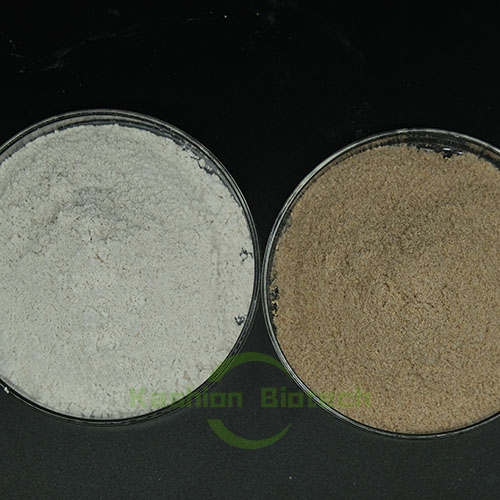
Home Products Salt Tolerant Bacteria Chemical wastewater microbial salt resis
In food wastewater, slurry wastewater, flavoring wastewater and vegetable and fruit pickling wastewater usually contain high salt. Because of the inhibitory and harmful effect of high-salt wastewater on microorganisms, it will be corrosive to stainless steel, carbon steel and other components, making it more difficult to treat compared with ordinary food wastewater treatment. Let's learn how to deal with high salt food waste water.
In addition to salt content, salt food wastewater also has high COD, and some suspended matter, color, etc., easy to breed mosquitoes, deterioration and odor. General food wastewater generally uses "coagulation air flotation/precipitation → hydrolysis acidification → contact oxidation → biochemical precipitation" process, high salt food wastewater treatment is no exception, but there are some other points that need to be paid attention to.
One is to dilute the wastewater with high salt content, plant wastewater is generally divided into many strands, food wastewater in addition to high salt wastewater, can also be diluted with low concentration of cleaning water, it is best to introduce domestic sewage and early rainwater, so that the difficulty of treatment is reduced, the concentration of pollutants will not accumulate too much;
Secondly, the salt tolerance of microorganisms is selected and trained. By gradually increasing the salt content in water, microorganisms have an adaptation process to achieve the purpose of decomposition of organic matter under high salt.
Third, the density of water in high-salt food wastewater is lower, and the sludge settlement of food wastewater is relatively poor, it is recommended to use air flotation process for pretreatment, contact oxidation can be combined with MBR process or reduce the surface load of sedimentation tank, to ensure that the wastewater can be effectively treated.
Kashion Salt-tolerant Bacteria
* Strengthen the removal efficiency and ensure the effluent index: when the sewage salinity reaches 10% (i.e. 100000mg / L), it can be quickly domesticated and filmed in the biochemical system; Strengthen the removal efficiency of organic pollutants in the biochemical system to ensure that the effluent of BOD, COD and TSS in the high salinity wastewater environment meets the standard;
* Strengthen sedimentation and improve effluent: when the influent load fluctuates greatly, it can effectively strengthen the sedimentation performance of sludge, prevent sludge from floating up and improve the effluent quality of the system.

Name: Nicole Yu
Mobile:+86 17718148007
Tel:+86 17718148007
Whatsapp:8617718148007
Email:sales@kashionbiotech.com
Add:No.6, Zhanxi Road, Yaohai District, Hefei City, Anhui Province, China.